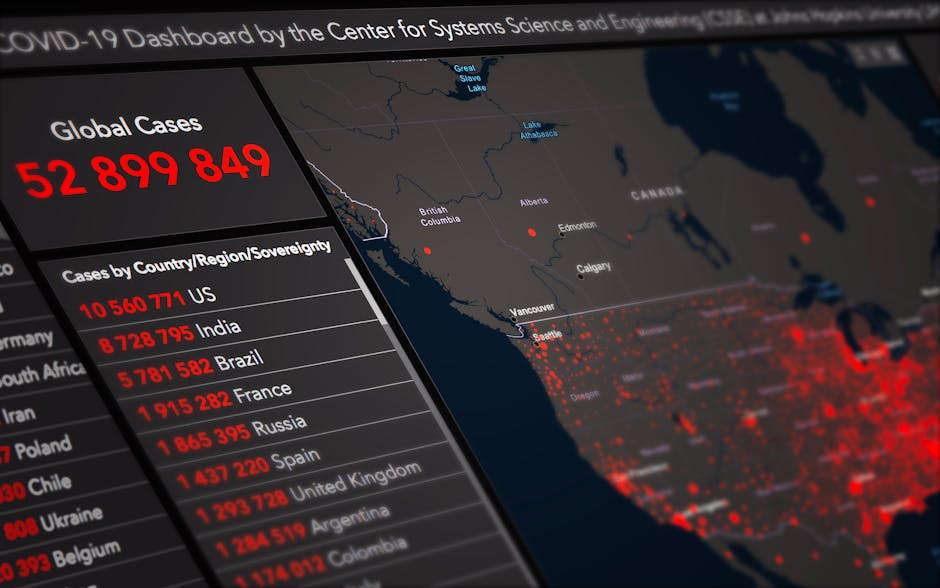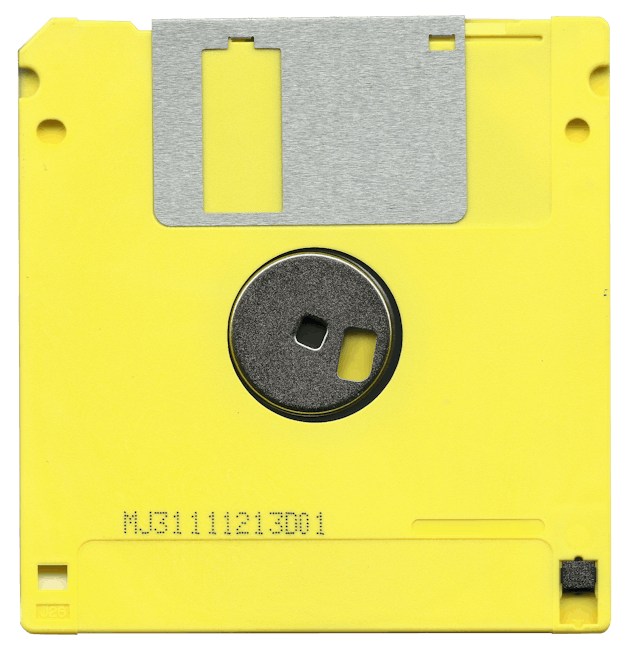Unlock encrypted content
Please enter your SSCE key to initiate on-the-fly decryption.
Decryption key: (Click cancel if you don't have the key)
Copied link to clipboard.
This feature is unavailable for free accounts. Upgrade now and enjoy all Premium benefits.
Go Premium!
This feature is unavailable for free accounts. Upgrade now and enjoy all Premium benefits.
Go Premium!
Please open this page in browser ( Google Chrome or Safari ) to use this feature.
Open In Browser
Data Migration: The Key to Seamless Digital Transformation
Random related video for this blog.
Copied share link to clipboard.
It is a crucial step in digital transformation initiatives, as organizations seek to modernize their technology landscape, optimize operations, and leverage the power of data to drive innovation. With the rapid pace of technological advancements, businesses are constantly exploring new ways to harness data and gain a competitive edge. This article will delve into the intricacies of data migration, exploring its importance, challenges, and best practices.
The Significance of Data Migration
Data migration plays a pivotal role in enabling organizations to embrace new technologies and adapt to evolving business requirements. Whether it's moving data to the cloud, consolidating multiple systems, or upgrading to a more advanced infrastructure, data migration is essential for seamless transitions. By migrating data effectively, businesses can unlock a host of benefits, including improved scalability, enhanced data security, increased operational efficiency, and simplified management. Moreover, it enables organizations to leverage the power of advanced analytics, machine learning, and artificial intelligence to derive valuable insights and make data-driven decisions.Challenges and Best Practices
While data migration presents numerous opportunities, it also poses several challenges that organizations must address to ensure a successful transition. One of the primary challenges is the complexity associated with large-scale data migration projects. Organizations often deal with vast amounts of data spread across multiple systems, making it critical to have a well-defined migration strategy and a robust plan in place. Additionally, ensuring data integrity, preserving data sovereignty, and minimizing downtime are key considerations during the migration process. To overcome these challenges and ensure a smooth data migration, organizations should follow best practices. First and foremost, it is crucial to conduct a thorough data assessment to understand the data landscape, identify dependencies, and prioritize migration tasks. This assessment helps in developing a comprehensive migration plan and determining the most suitable migration approach, whether it's abig bang migration or a phased migration. Regular testing and validation of migrated data are also essential to ensure data accuracy and minimize any potential disruptions.
The Future of Data Migration
As technology continues to advance at an unprecedented pace, the future of data migration looks promising. With the emergence of smart cities, the proliferation of connected devices, and the increasing reliance on artificial intelligence, the volume and complexity of data will continue to grow exponentially. Organizations will need to embrace innovative approaches and leverage advanced technologies to address the evolving data migration needs. One exciting area of development is the use of neural implants for data migration. Neural implants have the potential to revolutionize the way data is transferred by allowing direct communication between the human brain and digital systems. Imagine being able to seamlessly transfer data from your brain to a cloud storage system or a smart city infrastructure, eliminating the need for physical devices or interfaces. While this technology is still in its infancy, it holds immense promise for the future of data migration.Conclusion
Data migration is a critical process that organizations must undertake to stay competitive in today's rapidly evolving digital landscape. By embracing data migration best practices and leveraging technological advancements, businesses can unlock the full potential of their data and drive innovation. As the future unfolds, the integration of neural implants and other cutting-edge technologies will further enhance the efficiency and effectiveness of data migration, paving the way for a seamless and interconnected world.Frequently Asked Questions (FAQs)
Question: What is data migration? Answer:
Data migration is the process of transferring data from one system or storage infrastructure to another to enable digital transformation and leverage the power of data.
Question: Why is data migration important? Answer:
Data migration is important as it enables organizations to embrace new technologies, optimize operations, and leverage data for innovation and competitive advantage.
Question: What are the challenges in data migration? Answer:
Data migration poses challenges such as complexity, data integrity, data sovereignty, and minimizing downtime. These challenges require careful planning and execution.
Question: How can organizations ensure successful data migration? Answer:
Organizations can ensure successful data migration by conducting a thorough data assessment, developing a comprehensive migration plan, regular testing and validation, and following best practices.
Question: What is the future of data migration? Answer:
The future of data migration holds immense promise with the emergence of technologies like neural implants, which have the potential to revolutionize the way data is transferred.
Case Studies Case Study 1: Company X successfully migrated its legacy on-premises data infrastructure to a cloud-based platform, resulting in improved scalability, enhanced data security, and reduced operational costs. The migration process involved a phased approach, ensuring minimal disruption to business operations. Case Study 2: Organization Y leveraged data migration to consolidate multiple systems into a unified data warehouse. This enabled the organization to gain a holistic view of its data, leading to improved decision-making and enhanced operational efficiency. Case Study 3: Company Z utilized advanced data migration techniques to seamlessly transfer a large volume of data to a new server infrastructure. The migration process involved extensive testing and validation, ensuring data accuracy and minimizing downtime.
By Amelia Isabella
Email: [email protected]
Related
The Future of Technology: Genetic Engineering, Neural Implants, and Real-Time...
June 9, 2023
Read More
The Future of File Management: Emerging Technologies and Innovative Solutions.
June 9, 2023
Read More
Scalable Cloud Storage Architecture for Biotechnology: Efficient and Secure Data...
June 9, 2023
Read More
Cutting-Edge Innovations for Seamless File Collaboration and Space Exploration.
June 9, 2023
Read More
Popular
Latest
The Future of Digital Transformation: Exploring Smart Homes, Efficient File...
November 30, 2025
Read More
Exploring the Benefits of Cloud Storage and Innovative Technologies in...
November 26, 2025
Read More
The Future of Technology: Exploring Biohacking, Space Tourism, and Digital...
November 23, 2025
Read More
The Future of File Sharing: Streamlined Workflows for Photographers and...
November 19, 2025
Read More
Exploring the Intersection of Technology: From Cybersecurity to Augmented Reality...
November 16, 2025
Read More
The Future of File Management: Embracing Edge Computing and Efficient...
November 12, 2025
Read More
The Future of File Sharing: Exploring User-Friendly Solutions and Data...
November 5, 2025
Read More
The Future of Cloud Storage: How FileLu Empowers Creative Professionals...
November 2, 2025
Read More
The Future of Autonomous Technologies: Innovations in Robotics, File Sharing,...
October 29, 2025
Read More
Emerging Technologies Revolutionizing File Management: From Li-Fi to Robust Collaboration...
October 26, 2025
Read More
Emerging Technologies: Exploring the Impact of File Access Auditing, Genetic...
October 19, 2025
Read More
The Future of Data Storage: Exploring Advanced Encryption, Mobile Integration,...
October 5, 2025
Read More
Exploring the Future of Data Management: Security, Efficiency, and Cognitive...
September 28, 2025
Read More
Revolutionizing Data Management: Innovations in Storage, Security, and Sustainable Technology.
September 24, 2025
Read More






















